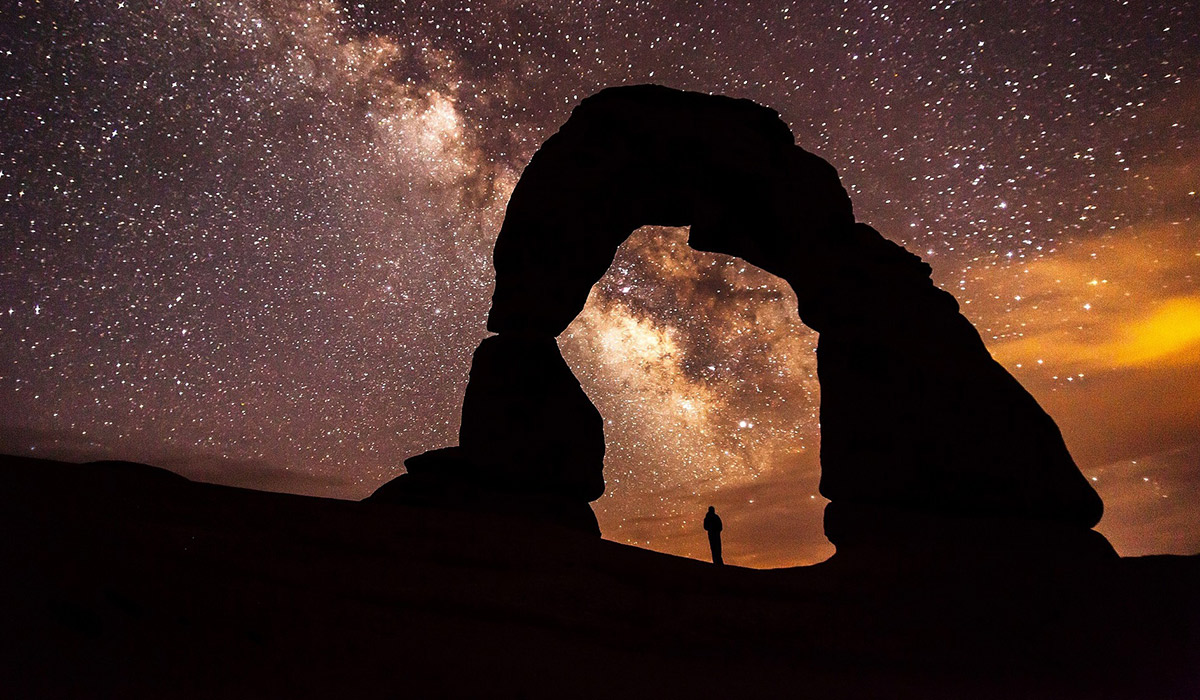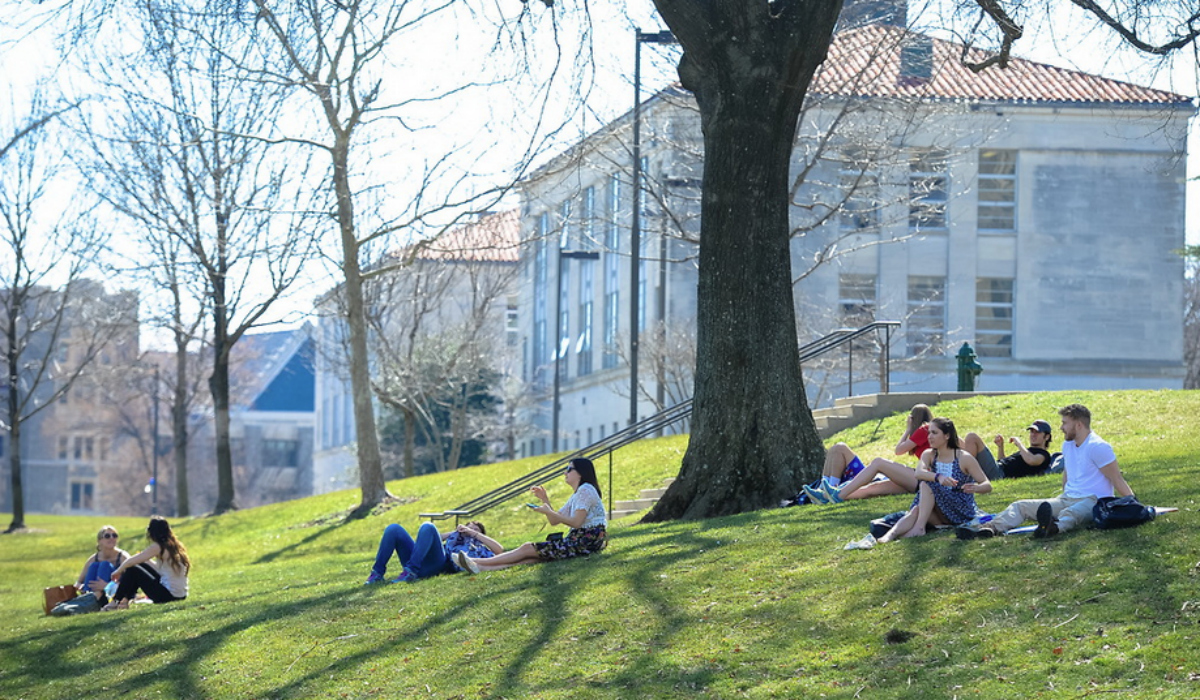International Symposium on the Aesthetic Dimensions of Science: Beauty, Awe, and Wonder in Scientific Inquiry
Monday, June 3rd from 9:00am - 5:00pm at the Keane Auditorium in McGivney Hall
Science is typically understood to be a rational, methodical, analytical, and objective endeavor. Empirical research on public perceptions of scientists yields the picture of socially dysfunctional, middle-aged, myopic white males in lab coats, busy with tedious experimentation. The ideals of scientific objectivity and organized skepticism, which underpin the legitimacy of science, value claims that are untainted by personal interests and value-commitments. Seldom, therefore, do we think of science as “beautiful.”
Scientists, however, in recent years have started to push back against this caricature. Rejecting the idea that science entails a reductionism that strips away from reality all elements of the beautiful and the mysterious, Richard Dawkins, for instance, argues that science nourishes our appetite for wonder: “The feeling of awed wonder that science can give us is one of the highest experiences of which the human psyche is capable. It is a deep aesthetic passion to rank with the finest that music and poetry can deliver.” Numerous other prominent scientists—Chandrashekhar, Dirac, Heisenberg, Feynman, Wilczek, and others—have similarly waxed eloquent about the aesthetic dimensions of science, and the role of beauty, awe, and wonder in scientific inquiry. The picture we get from these accounts is of science as a profoundly emotional, passionate, and aesthetic endeavor, in which beauty is often a heuristic for truth.

But is this recognition of beauty, awe, and wonder the prerogative of geniuses and celebrity scientists, or does it apply equally to ordinary scientists? How do scientists experience beauty, awe, and wonder in their everyday scientific work? What are causes and consequences of such experiences? Are aesthetic experiences a help or hindrance to scientific progress? Do scientists consider such aesthetic experiences as spiritual? How might the phenomena that scientists count as beautiful vary across disciplines and national cultures? And what implications might scientists’ aesthetic experiences and sensibilities have for motivation and retention in scientific occupations? Join us for an international and interdisciplinary symposium that explores these questions.
Agenda: Monday, June 3
|
9:00 am |
Introduction |
|
9:30 am to 10:30 am |
James McAllister (Philosophy, Leiden University) Why Do Scientists Find Beautiful Theories Aesthetically Attractive? |
|
10:30 am to 11:30 am |
Mario Livio (Astrophysics, University of Nevada, Las Vegas) Human Curiosity |
|
11:30 am to 12:45 pm |
Robert Gilbert (Biology, University of Oxford) Natural Beauty and Beautiful Knowledge |
|
12:45 pm |
Lunch |
|
2:00 pm to 3:00 pm |
Duilia DeMello (Astrophysics, Catholic University of America/NASA) Inspiring kids to study science - The power of scientific beauty |
|
3:00 pm – 3:30 pm |
Renny Thomas (Sociology, Jesus and Mary College, New Delhi) Wonder at Work: Indian scientists as magicians of the laboratory |
|
3:30 pm to 4:30 pm |
Stefano Sbalchiero (Sociology, University of Padova) Science, aesthetics and spirituality among Italian scientists |
|
4:30 pm |
Conclusion |
|
5:00 pm |
Reception |
Lunch will be provided. Please RSVP for the event by May 25, 2019, so we can get an accurate count. Directions to McGivney Hall can be found here.
Guest Parking: Please click here, and look under University Visitor (Other) for instructions to secure a parking permit.
-

Maps and Directions
Come visit our beautiful 176-acre campus in the heart of the nation's capital.
Learn More

